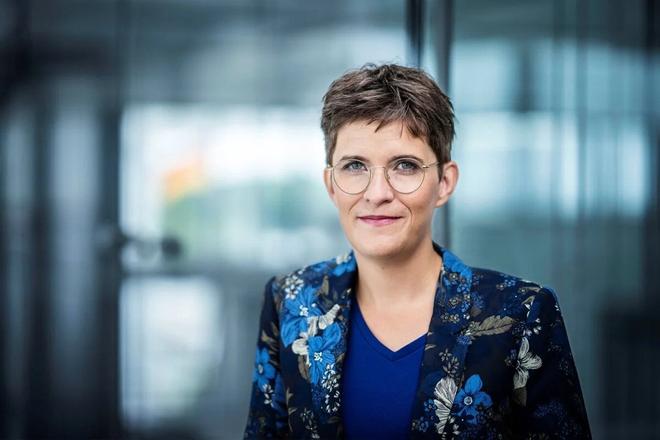In hindsight it has become obvious that German politicians have miscalculated the issue of Russia. This is why we are making sure now that we don't repeat that kind of situation, says Germany's Minister of State for Europe and Climate Anna Lührmann.
If you take the climate targets and the ambitions of the EU Green Deal into account, it is clear that nuclear power won't really help, she also says.
Euro 7 emissions standards have become a heated topic in several EU countries. In Slovakia it is also part of the election campaign. Even the German car industry and some politicians claim that it is technically unfeasible and would threaten jobs and the transition to electric mobility. What is your position on this topic?
In our estimation, the emission standards have had a rather positive impact on the automotive labour market. The automotive sector accounts for 7 percent of GDP in the EU and provides 12.7 million jobs. The transition to zero-emission mobility is impacting the commercial vehicle sector along the value chain and provides new opportunities in the labour market. Stricter CO2 standards create new jobs in areas such as battery manufacturing and electronics. At the same time we have to make sure that employees are retrained and upskilled for the new mobility age. It is important that we remain competitive in this important new field and do not leg behind on the global market. As long as we do that we can look optimistically into the future.
Are you concerned that the criticism directed towards these standards could potentially foster skepticism among politicians regarding the objectives outlined in the Green Deal?
Emission standards are an integral part of the Green Deal and are essential to achieving our ambitious EU climate targets. The objective of the Green Deal is to significantly reduce our emissions, create new jobs and make the EU fit for the future.
Aren't you afraid that populists can use this topic during the campaign and it can lead to the significant results of populists in the next European Parliament elections?
No, I'm not afraid and I don't think we should be. The climate crisis is already a dramatic reality. We see its impact on our immediate environment - droughts, floods and wild fires testify to that. And people realise that we need to act – and that we need to act immediately. And there is something that nourishes my optimism even more: it is the inspiring awareness and engagement of the young generation. We are committed to taking everyone along with us in the green transition and to creating a socially just transition to a climate-neutral Europe. We will keep on communicating this message to European citizens, to explain the necessity and to advocate for adequate measures. Climate protection is important for our future generations. We need to tackle this existential issue with resolve and joint forces.
In your view, should the European Union adopt a more proactive approach in encouraging citizens from economically disadvantaged EU member states to embrace the transition towards electromobility?
Yes, I think it's important to embrace new and environment friendly technologies. This is an economic opportunity for many member states. And as I already mentioned it's important to take everyone with us. This means that we need to provide the necessary support to make the transition socially viable. In that way the citizens, the economy and the climate will benefit from electromobility.
How do you assess the impact of Germany's collaboration with Russia on the Nord Stream 2 project on the country's ability to respond to Russian actions preceding the full-scale invasion of Ukraine?


 Germany's Minister of State for Europe and Climate Anna Lührmann. (source: Dominik Butzmann)
Germany's Minister of State for Europe and Climate Anna Lührmann. (source: Dominik Butzmann)